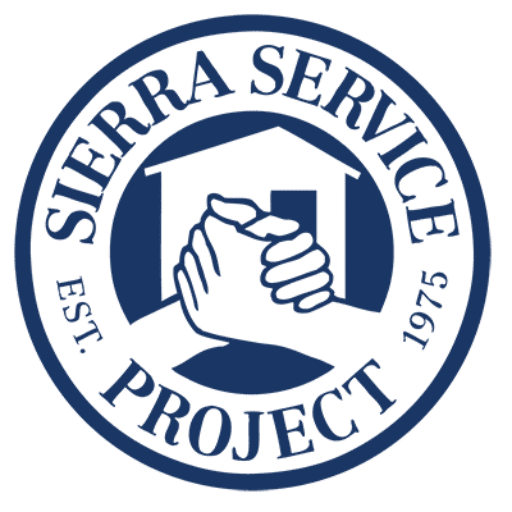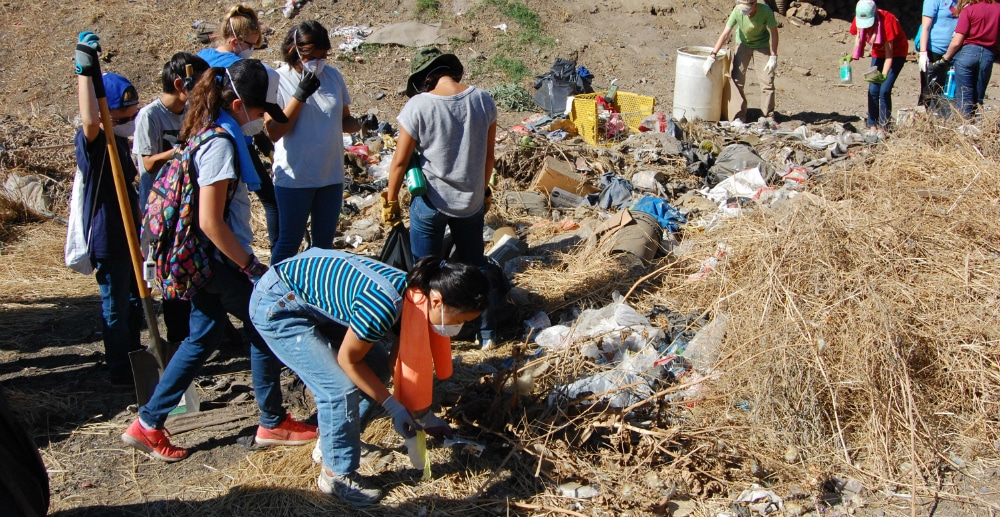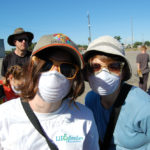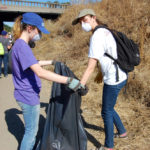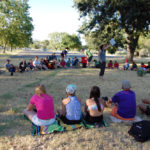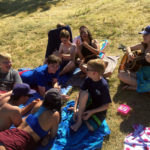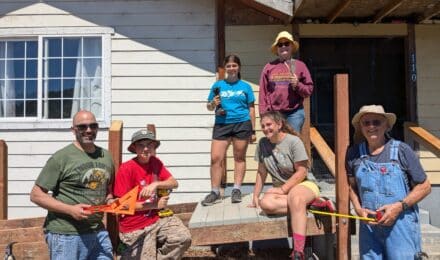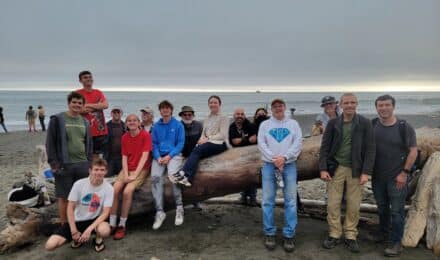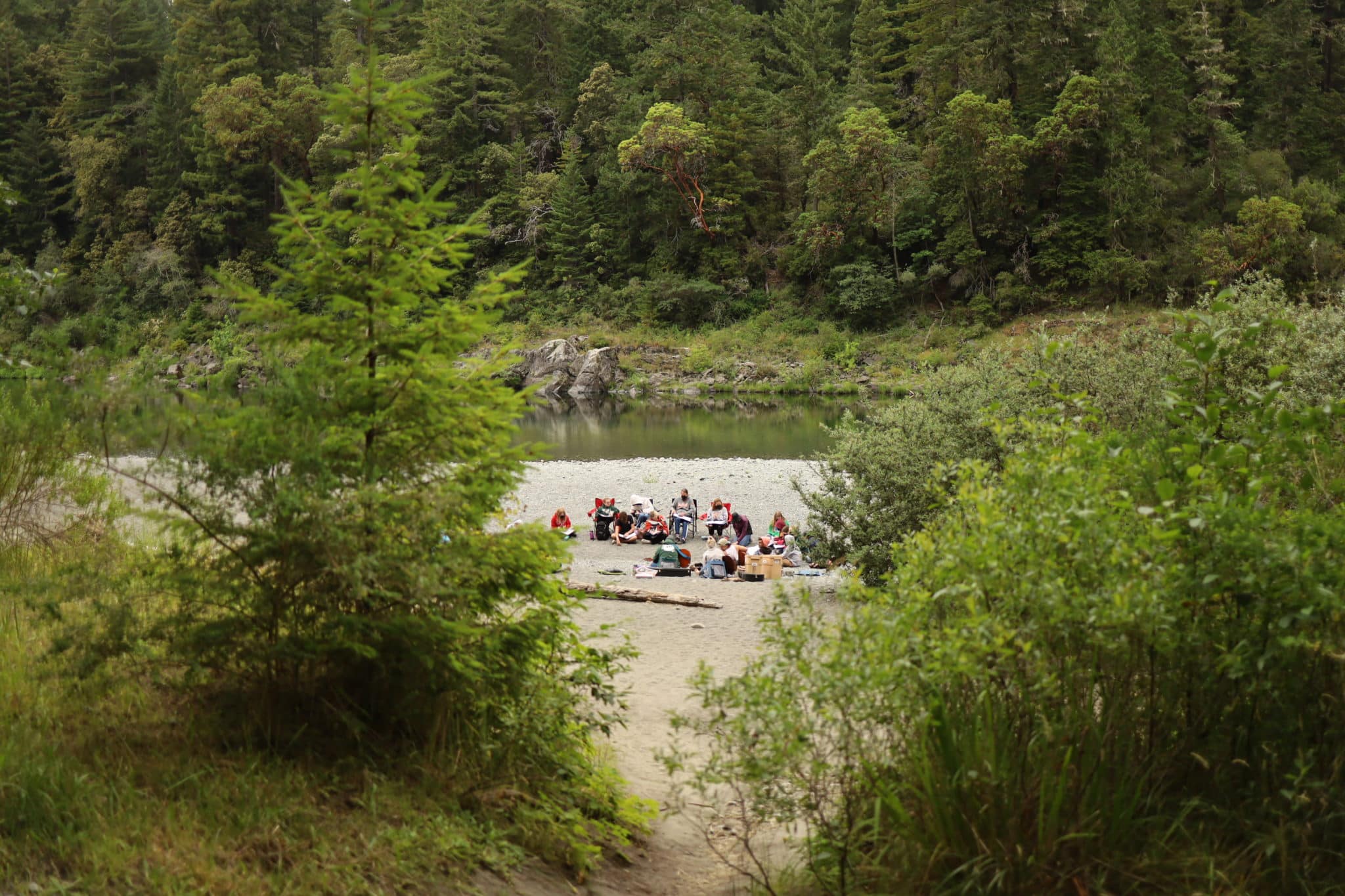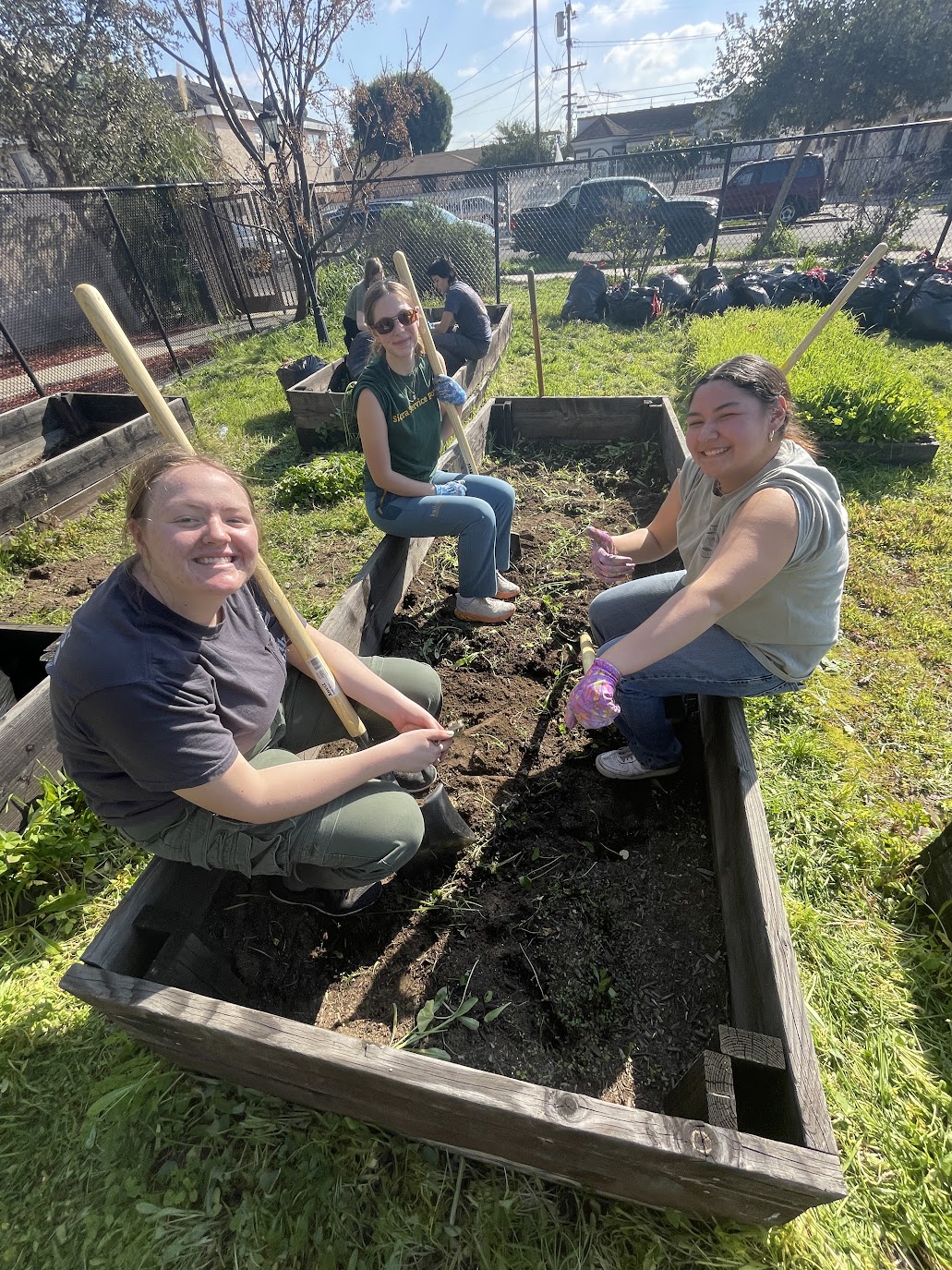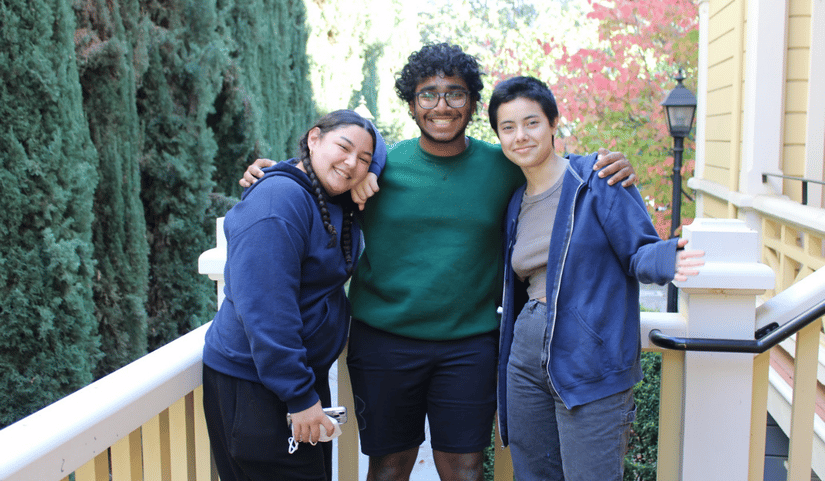By Natalie Kirsten
Spiritual Life Coordinator in Stockton, CA
from Wesley Foundation at UCLA
Stockton is in the low point of the Central Valley where the waterways begin to meet the San Francisco Bay and form a delta. The difficulty with trying to settle and build a city amongst a river delta is that the waterways often flood violently in the winter. In 1911, local Stocktonians built the Diverting Canal and many of the small waterways went dry. One of these is the Mormon Slough which runs through the center of the city and is public land. Taking care of it is low on the city’s daunting list of priorities, especially after declaring bankruptcy in 2014. Falling victim to the tragedy of the commons, the slough is strewn with piles and piles of garbage from illegal dumping. Many homeless live in the slough as they are largely left alone there. For our Adventure Wednesday project, Sierra Service Project volunteers spent the morning cleaning up garbage and handing out water bottles to local residents in the slough.
Later that afternoon for water day activities, we drove 40 minutes out of the city to Brennan Island State Recreation Area, where volunteers swam in the Seven Mile Slough. While the Mormon Slough is dry, filled with garbage, and surrounded by industry; the Seven Mile Slough is a beautiful, well-preserved natural waterway. The two sloughs contrast greatly.
The two sloughs contrast greatly.
As we sat by the slough meditating in evening program, volunteers reflected on Matthew 6:24-35, in which Jesus speaks to his followers that they ought not to concern themselves with the worries of this world but to remember that our Father in heaven takes care of the birds and grass and that he will take care of us too. As we sat in silence, hearing the sounds of the slough, a beaver opportunely swam past us going upstream.
Controlled by man such that it is dry and filled with waste, the Mormon Slough has become burdened by the ills of this world. But on the other hand, the slough is where hundreds of the city’s downtrodden people have built a more permanent residence. With many bridges passing over it, they can have a roof over their head. In a space often forgotten by the city, they can become settled. Because the slough runs through the middle of the city, they can be closer to resources.
(…) in an odd and incomplete sense God has provided for the downtrodden citizens of Stockton.
Although nowhere close to solving the problems of homelessness and poverty and surely a less than ideal place to call home, in an odd and incomplete sense God has provided for the downtrodden citizens of Stockton. In a similar way, God provides for the birds, beavers and black berry bushes of the Seven Mile Slough. Although these two sloughs and our experiences of them are vastly different, God has taken care of them in the ways that he can.
